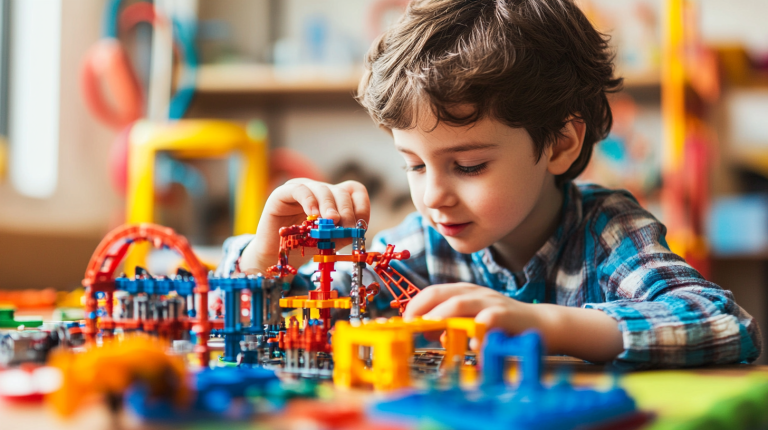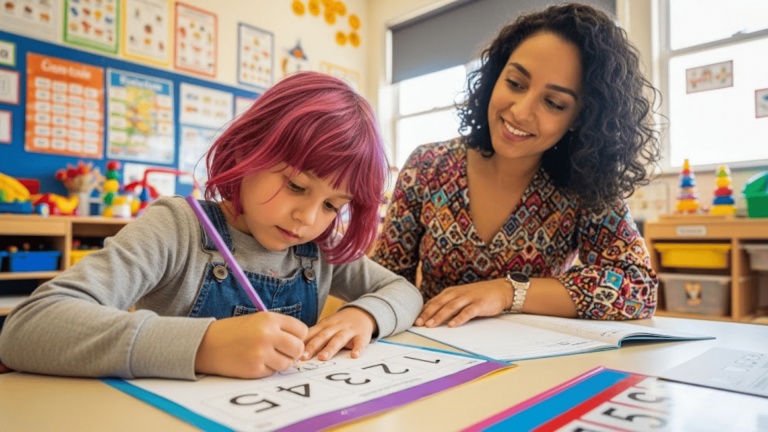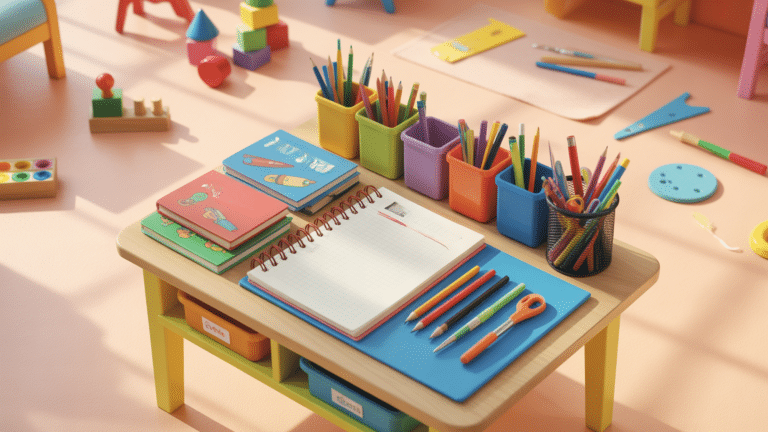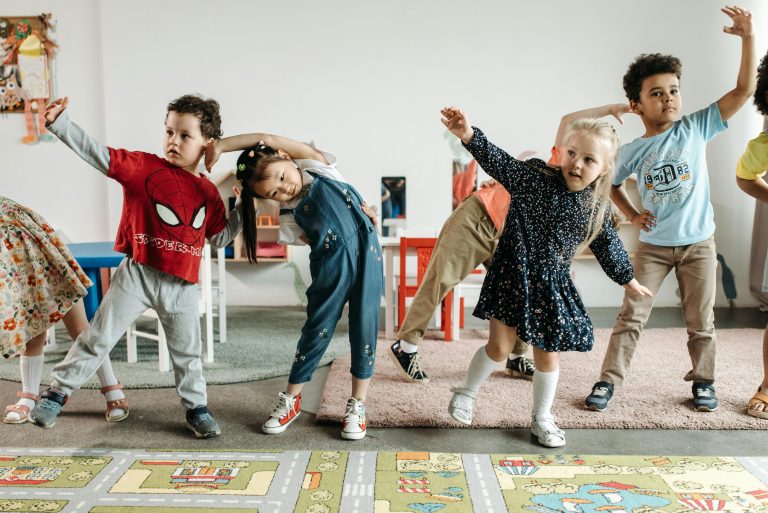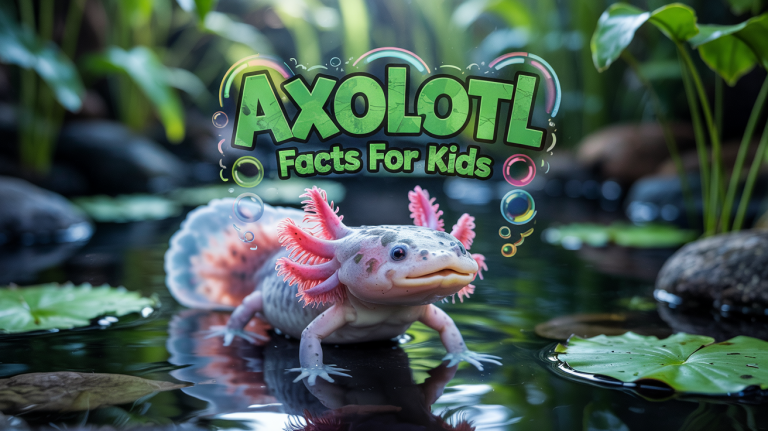In an era where the influence of technology is omnipresent, engineering toys have emerged as vital educational tools that marry fun with learning. Designed to stimulate creativity and critical thinking, these toys engage children in hands-on activities and inspire innovative problem-solving.
They not only provide hours of entertainment but also play a crucial role in developing critical cognitive, social, and emotional skills. Parents and educators often seek the best engineering toys for kids, recognising their potential to make learning enjoyable while fostering essential capabilities needed in today’s rapidly changing world.
Fostering STEM Skills
Engineering toys are often at the forefront of the STEM (Science, Technology, Engineering, and Mathematics) learning movement. By engaging with materials that require construction, children learn to apply scientific principles in real-world scenarios. Building sets, robots, and coding kits challenge young minds to explore concepts like balance, structure, and functionality.
Through trial and error, children develop a deeper understanding of how things work, laying the groundwork for future studies in engineering and related disciplines. These hands-on experiences also enhance logical thinking and problem-solving skills, which are invaluable in everyday life.
Enhancing Creativity and Imagination

While the engineering aspect is significant, the role of creativity in construction and design cannot be overstated. Engineering toys encourage children to express their imaginations while introducing them to the basic principles of design.
By constructing their own creations, kids learn to visualise ideas and bring them to life, improving their spatial awareness and collaborative skills. As they experiment with different configurations and materials, they gain confidence in their ability to innovate and create, a powerful skill set in any field of study or vocation.
Developing Fine Motor Skills
The physical act of manipulating small parts to assemble models and structures plays a vital role in developing fine motor skills. As children grasp, twist, and fit pieces together, they enhance their hand-eye coordination and dexterity.
These are essential skills not only for technical tasks but also for everyday activities such as writing and buttoning shirts. Age-appropriate engineering toys that challenge kids to use their hands and minds together can significantly benefit their overall physical development.
Encouraging Teamwork and Social Skills
When children engage with engineering toys in a group setting, they are encouraged to collaborate, share ideas, and work towards common goals. This interaction fosters teamwork and enhances social skills as they communicate their thoughts and combine their strengths to build projects.
Learning to work together on a shared endeavor teaches compromise, patience, and respect for others’ ideas, essential attributes for success in future educational and professional environments.
Introducing Problem-Solving Mindsets
Encountering setbacks is a natural part of experimentation, and engineering toys provide a safe space for children to learn resilience. When a structure collapses or a robot doesn’t work as intended, kids are prompted to reassess their approach and try again.
This problem-solving mindset is crucial as it prepares children to face challenges and setbacks in various aspects of their lives.
Encouraging persistence while working on complex projects helps cultivate a growth mindset, where the focus is on learning and improvement rather than just achieving success.
Building Confidence and Independence
Engineering toys empower children by giving them the autonomy to explore and create. As they figure out and build solutions independently, they develop confidence in their abilities and a sense of ownership over their achievements.
This boost in self-esteem can translate into other areas of life, encouraging kids to tackle challenges head-on and trust in their problem-solving capabilities.
Preparing for the Future
In a world where technological advancements are rapid, familiarity with engineering concepts and tools is becoming increasingly important. By introducing engineering toys during formative years, parents and educators help children develop a strong foundation in essential skills needed for future success in various fields.
In conclusion, engineering toys are much more than just a source of entertainment; they offer profound benefits that extend into multiple areas of childhood development. From fostering STEM skills to enhancing creativity, teamwork, problem-solving, and confidence, these toys prepare children for a future where adaptability and innovation are key.
Parents seeking engaging educational experiences for their children will find that investing in engineering toys paves the way for lifelong skills that can inspire the next generation of innovators and leaders. Whether through building blocks, robotics kits, or other engaging engineering activities, the impact of playtime on skill development cannot be overstated.

